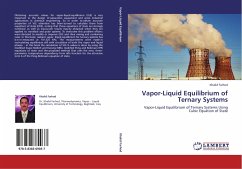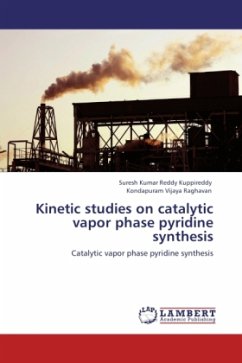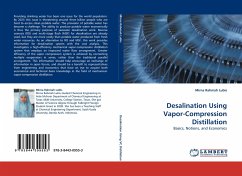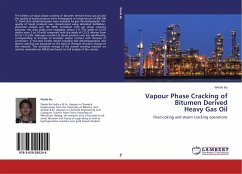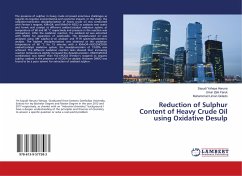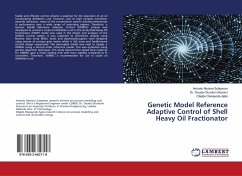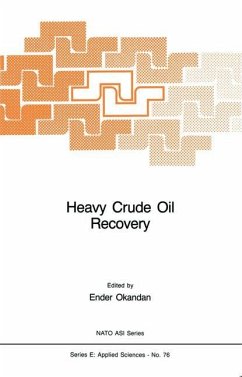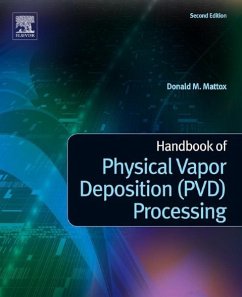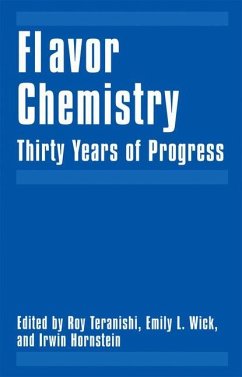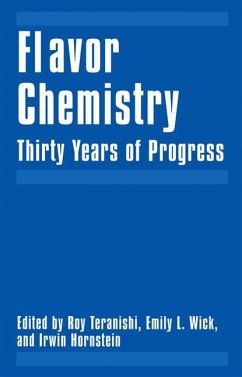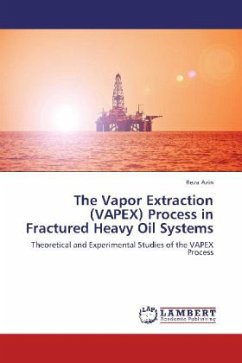
The Vapor Extraction (VAPEX) Process in Fractured Heavy Oil Systems
Theoretical and Experimental Studies of the VAPEX Process
Versandkostenfrei!
Versandfertig in 6-10 Tagen
44,99 €
inkl. MwSt.

PAYBACK Punkte
22 °P sammeln!
The Vapor Extraction (VAPEX) has been studied theoretically and experimentally. In the first part of this work, the VAPEX process was simulated using a compositional simulator on conventional and fractured systems. Different patterns of solvent flow in fractured model comparing to the conventional model, solvent spread through fractures matrix, formation of solvent chamber, and oil recovery factor under different solvent injection schemes, effects of diffusion and fracture spacing on the process were studied and discussed. A significant finding for the application of the VAPEX process in fract...
The Vapor Extraction (VAPEX) has been studied theoretically and experimentally. In the first part of this work, the VAPEX process was simulated using a compositional simulator on conventional and fractured systems. Different patterns of solvent flow in fractured model comparing to the conventional model, solvent spread through fractures matrix, formation of solvent chamber, and oil recovery factor under different solvent injection schemes, effects of diffusion and fracture spacing on the process were studied and discussed. A significant finding for the application of the VAPEX process in fractured reservoirs was that fractures of poor connectivity improve the effectiveness of VAPEX process. In the second part of this work, the VAPEX process was studied experimentally using a rectangular physical model. Propane ( pure and mixed with methane) was used as solvent in all experiments. It was found that heavy oil recovery is improved as the approach pressure, defined as the saturation pressure minus operating pressure, decreases regardless of solvent composition or operating pressure. These results provide a better insight into field scale implementation of the VAPEX process.



